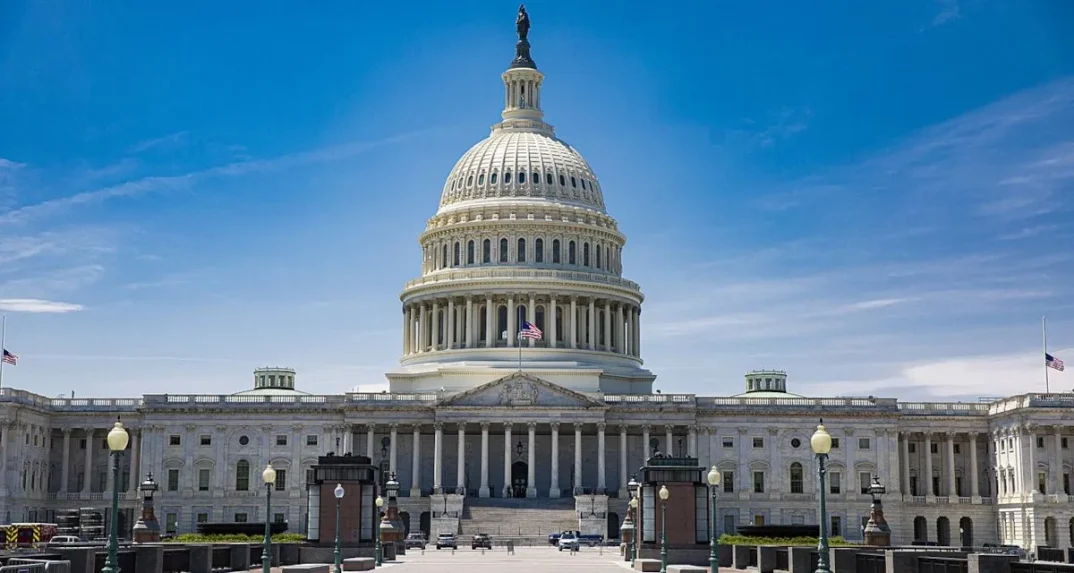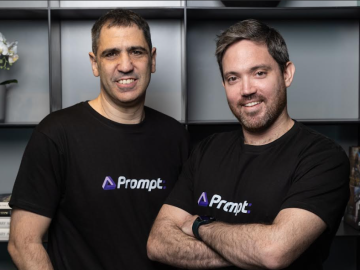Federal lawmakers are targeting AI deepfakes and unauthorized training with the newly introduced Copied Act.
Federal lawmakers are officially taking another stab at regulating unauthorized AI deepfakes and training, this time with the bipartisan “Copied Act.”
Senators from both sides of the aisle just recently introduced that bill, in full the “Content Origin Protection and Integrity from Edited and Deepfaked Media Act.” Endorsed by the RIAA, the Artist Rights Alliance, and others, the measure has arrived about 10 weeks after Warner Music CEO Robert Kyncl testified before Congress in support of federal AI regulations.
To date, said regulations have been proposed via the No Fakes Act and the more comprehensive No AI Fraud Act. Of course, despite the expectedly slow legislative progress on a key matter, unauthorized soundalike works are continuing to roll out en masse.
Meanwhile, that several leading generative AI systems are still claiming the right to train on protected media without authorization also remains a major problem. Enter the Copied Act, introduced specifically by Senators Marsha Blackburn, Martin Heinrich, and Maria Cantwell.
Extending to the deepfake and training issues alike, the 18-page bill calls for establishing “a public-private partnership to facilitate the development of standards” for determining content’s origin and whether it’s “synthetic” or “synthetically modified” with AI. Here, “content” refers not only to music, but to “images, audio, video, text, and multimodal content,” hence the measure’s support from outside the industry.
In brief, the National Institute of Standards and Technology’s under secretary of commerce for standards and technology would spearhead those efforts with input from the register of copyrights as well as the director of the USPTO.
Not short on detail, the legislation spells out that the “voluntary, consensus-based standards and best practices for watermarking” and automatic detection will particularly involve synthetic content and “the use of data to train artificial intelligence systems.”
Running with that important point – identifying at scale exactly which media has been generated by AI and who owns what – the measure would compel “any person” behind generative AI systems to enable users to label media outputs as synthetic.
Additionally, these users must have the choice of attaching to outputs “content provenance information,” or “state-of-the-art, machine-readable information documenting the origin and history of a piece of digital content.”
Major search engines, social media players, and video-sharing platforms – those generating at least $50 million annually or with north of 25 million monthly users for three or more of the past 12 months – would be expressly barred from tampering with said content provenance information.
Most significantly, the Copied Act would bar generative AIs from knowingly training without permission on any media that has or should have provenance details attached to it.
The only exception, the text indicates, would be if a platform obtained “the express, informed consent of the person who owns the covered content, and complies with any terms of use.”
The FTC, state attorneys general, and rightsholders themselves would be able to sue for alleged violations under the act, but the content provenance requirements wouldn’t go into effect until two years after the law’s enactment. And litigation would have to commence within four years from when one discovered or should have discovered the alleged violation(s) at hand.




